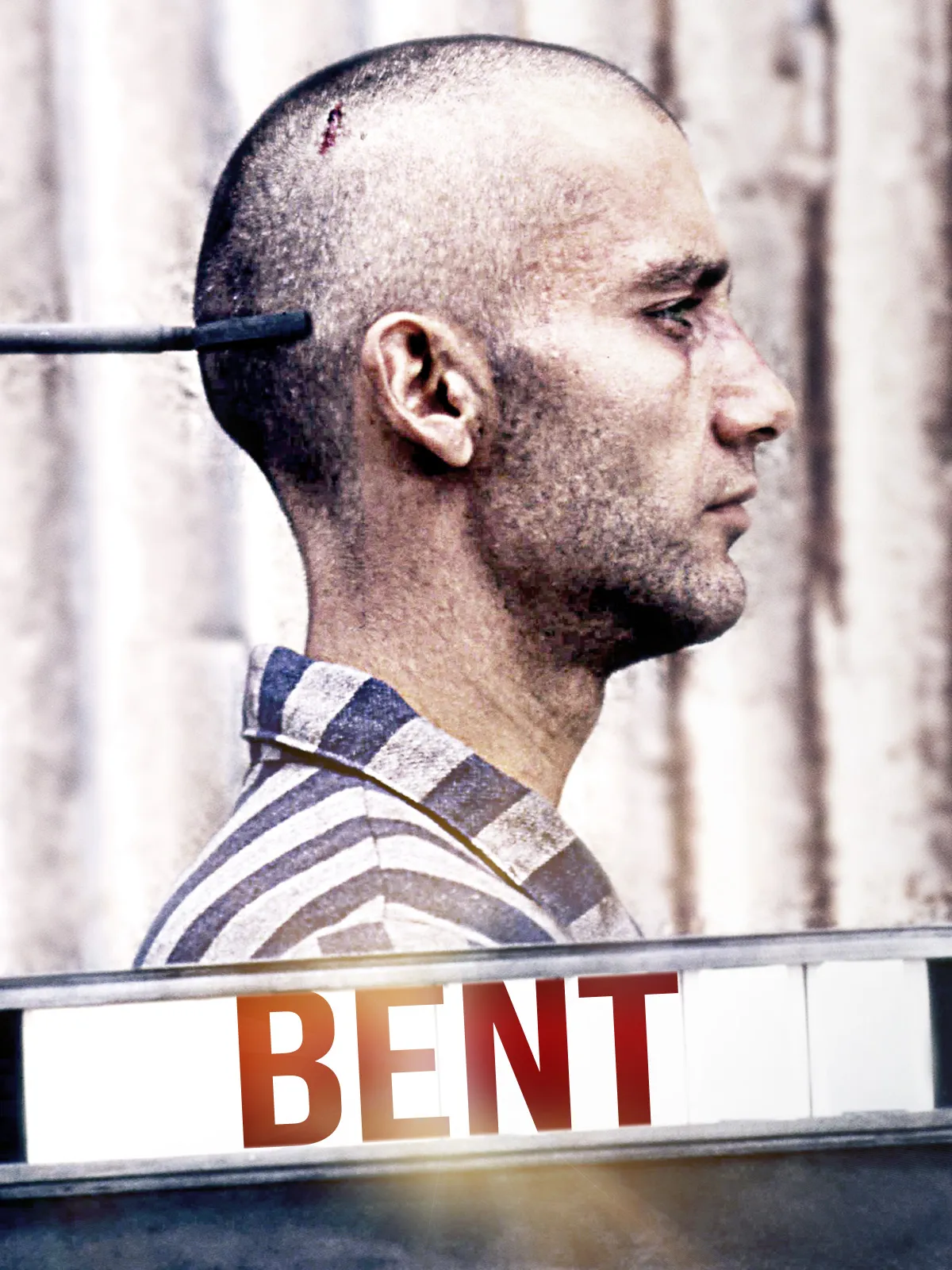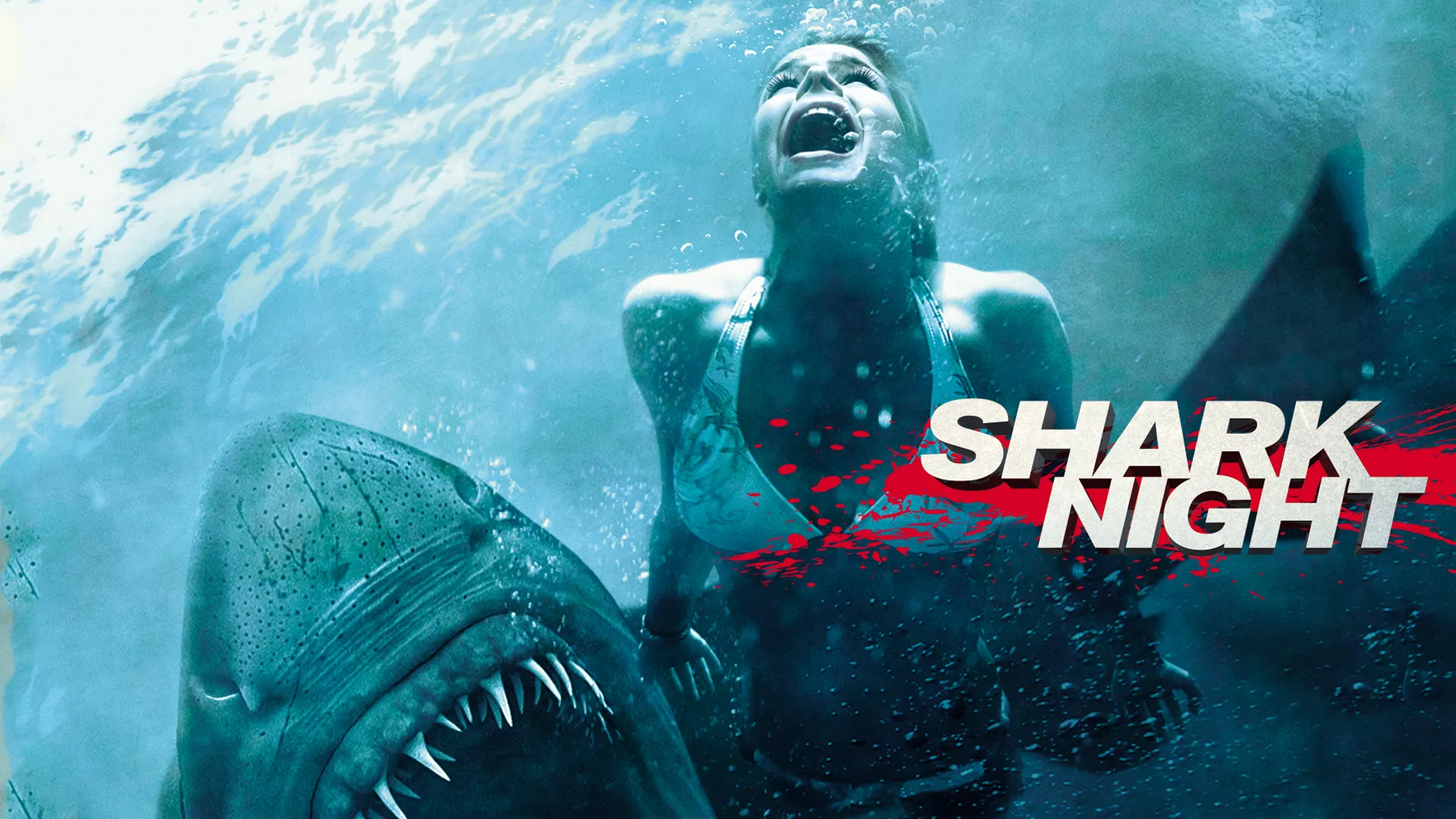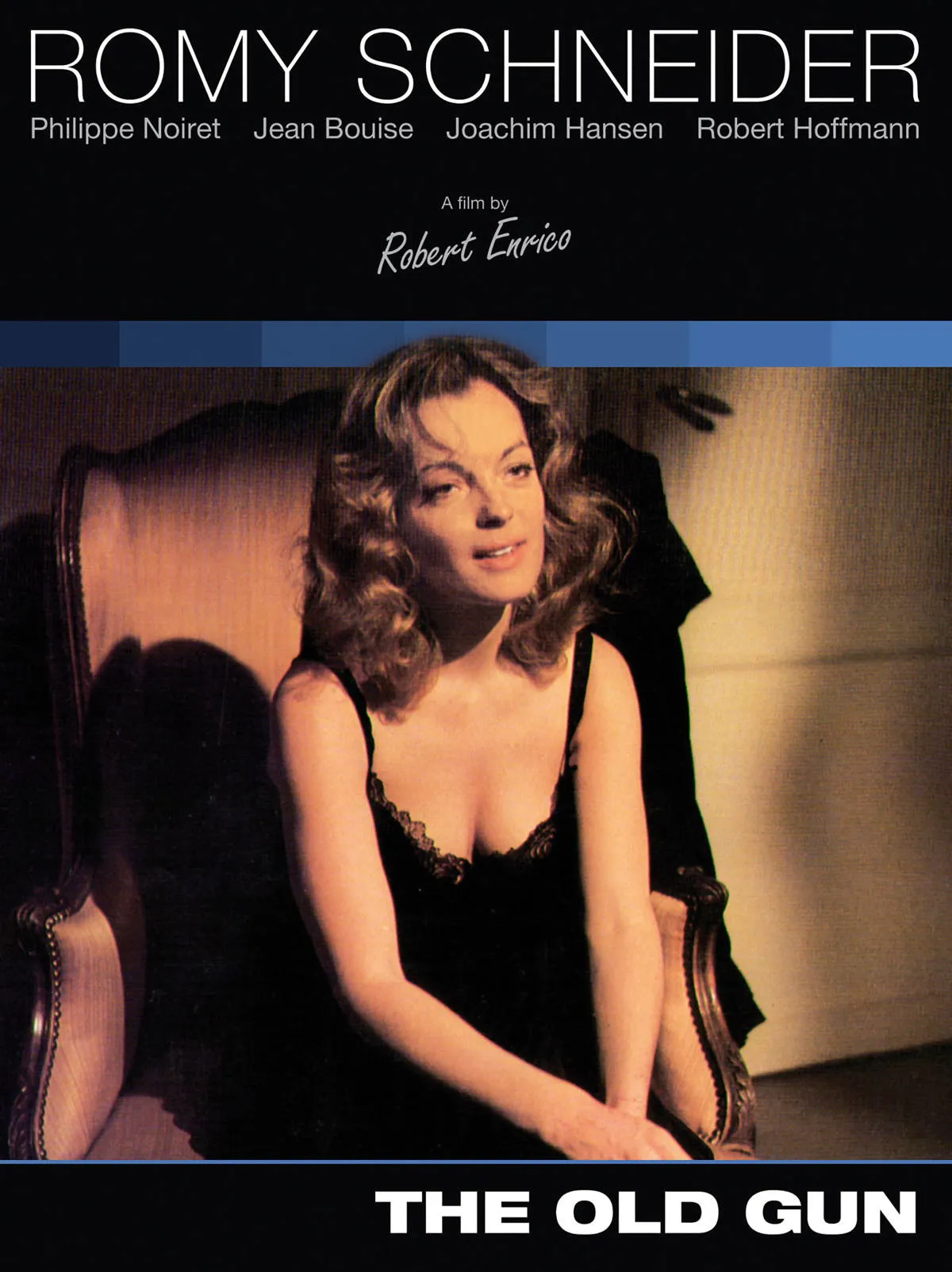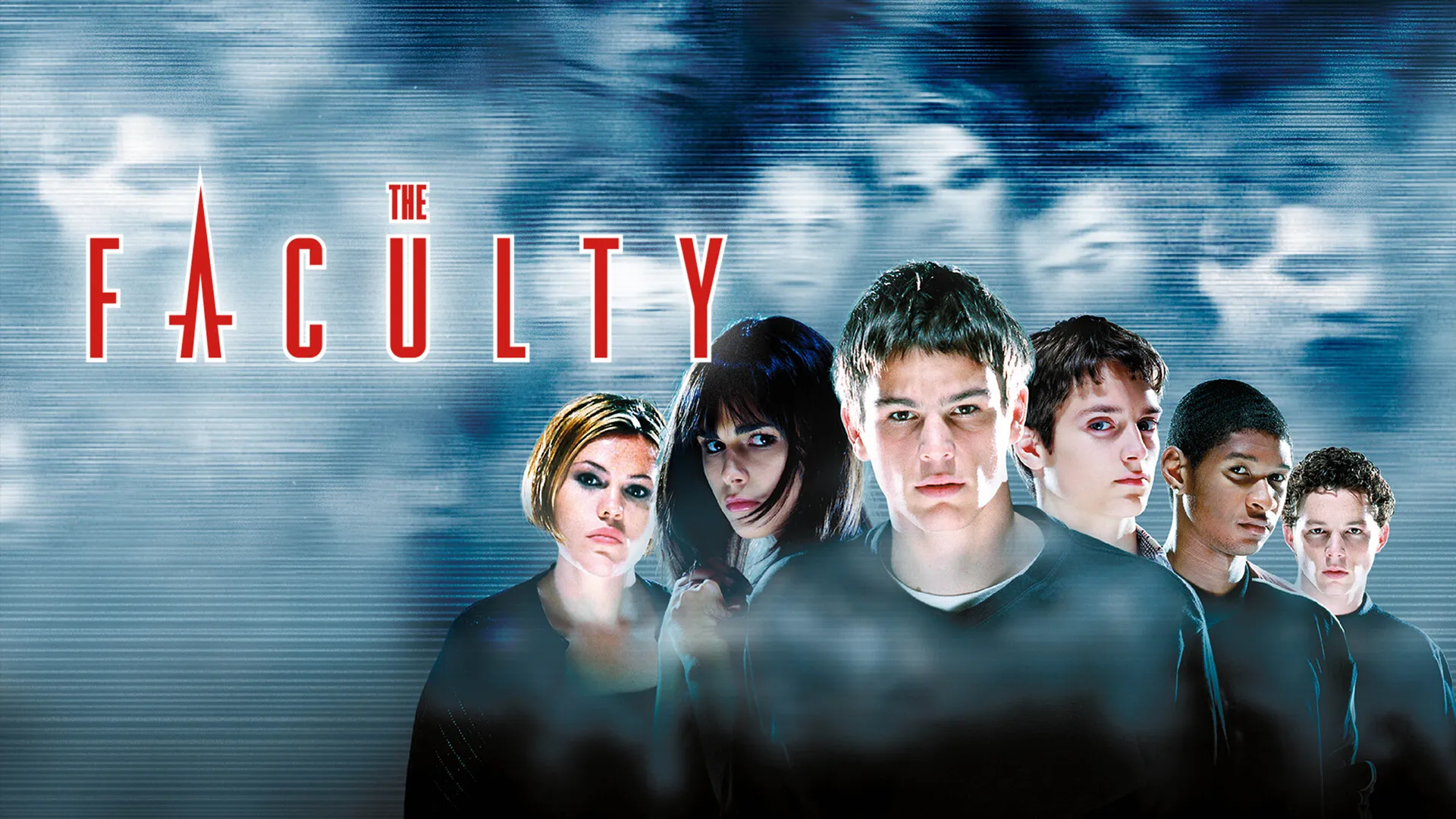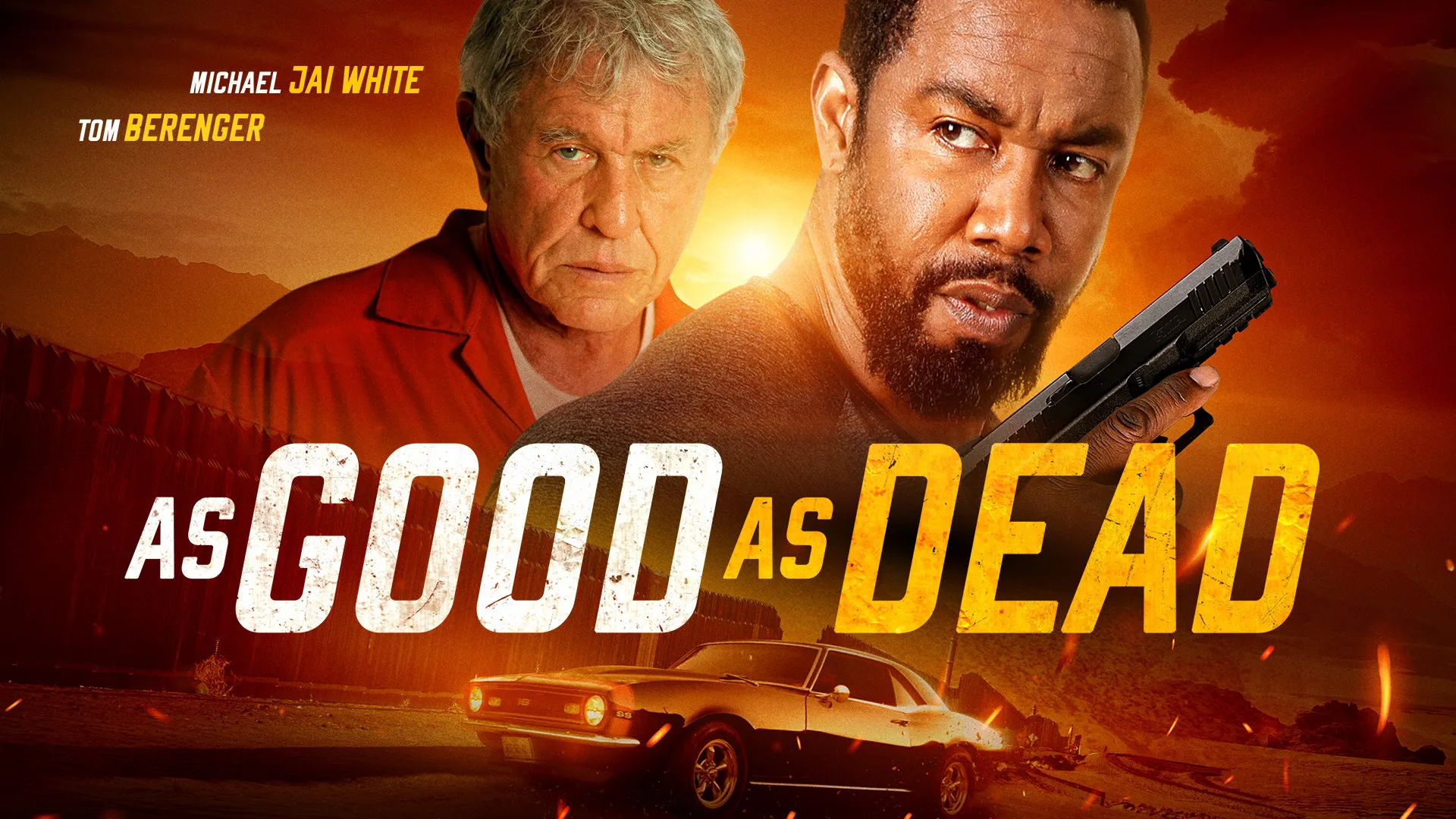Bent (1997) is a deeply moving and harrowing drama that sheds light on the persecution of LGBTQ+ individuals during the Holocaust. Directed by Sean Mathias and based on Martin Sherman’s critically acclaimed play, the film follows Max (Clive Owen), a gay man in 1930s Berlin, who enjoys a hedonistic and carefree lifestyle until the Nazis begin their brutal crackdown on homosexuals. When Max and his lover Rudy (Brian Webber) are arrested during the Night of the Long Knives, Max is forced to confront the horrifying reality of the Nazi regime.
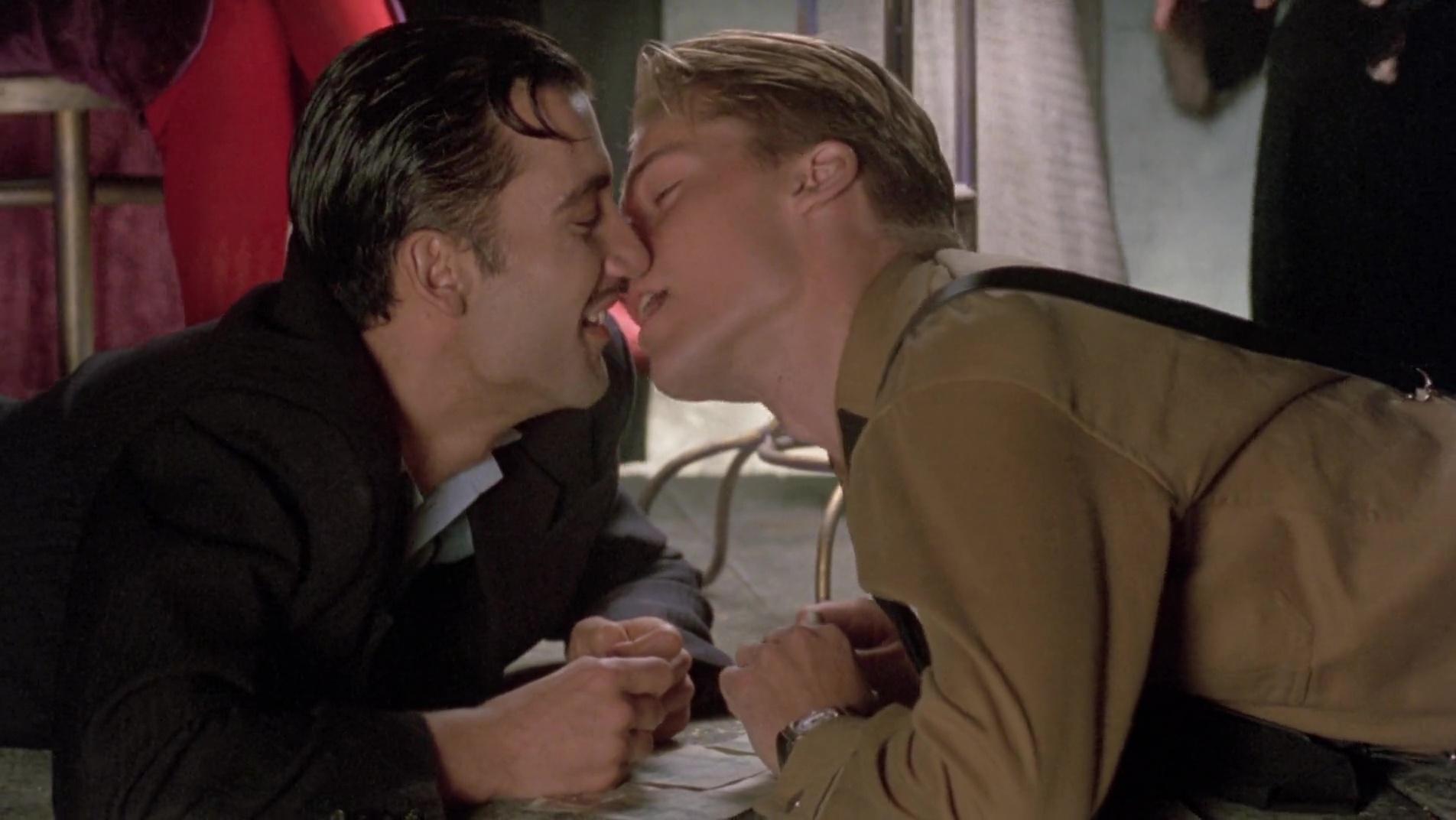
During their transport to a concentration camp, Max denies his relationship with Rudy to survive, ultimately watching him suffer and die. Once inside Dachau, Max continues to hide his sexuality by claiming he is Jewish rather than homosexual. He chooses to wear the yellow star instead of the pink triangle, believing it will give him a better chance of survival. This painful decision highlights the extreme dehumanization and discrimination faced by LGBTQ+ prisoners, who were considered the lowest in the camp hierarchy.
In the camp, Max meets Horst (Lothaire Bluteau), a fellow prisoner who proudly wears the pink triangle. Unlike Max, Horst refuses to deny his identity and embraces who he is, despite the life-threatening consequences. As the two men are assigned the grueling and pointless task of moving heavy rocks from one side of the camp to the other, they develop an unbreakable emotional connection, communicating through whispered conversations and fleeting touches.
Their love, though never physically expressed, becomes a profound act of resistance. Max, who initially prioritized survival over identity, begins to understand the true cost of denying his nature. Through Horst’s unwavering strength, Max learns that love and dignity are worth fighting for, even in the face of unimaginable cruelty. The film masterfully portrays their growing bond, making every glance and word between them incredibly powerful and heartbreaking.
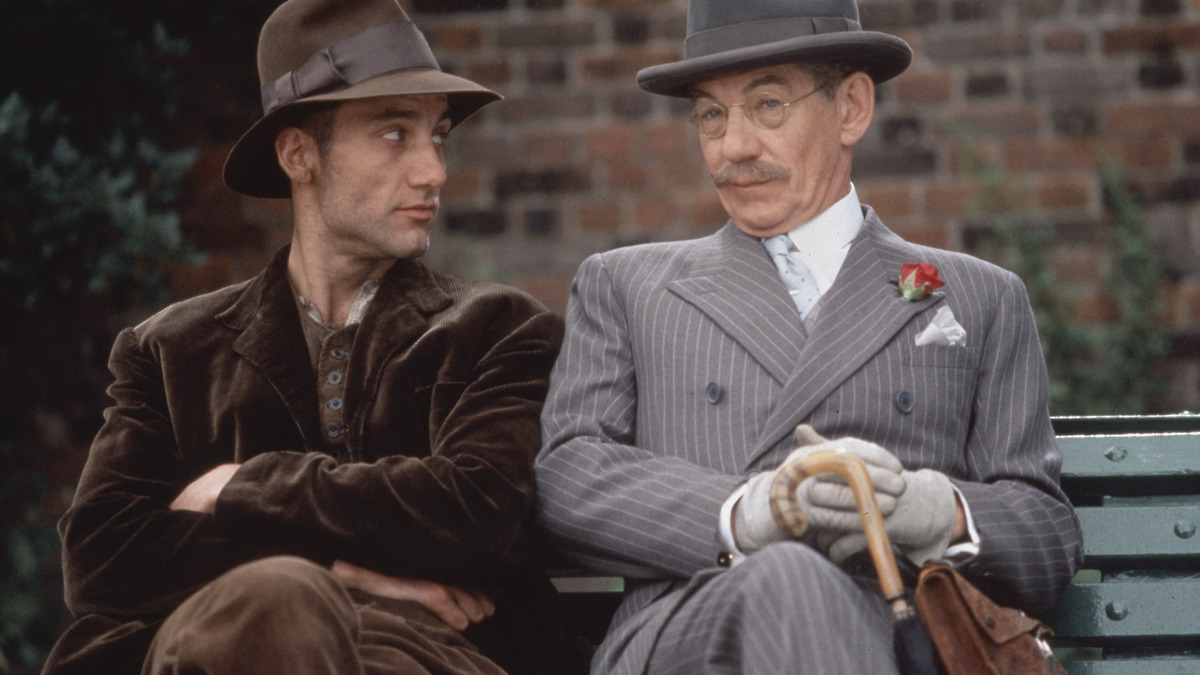
The cinematography in Bent is bleak yet visually striking, using stark contrasts to reflect the emotional and physical isolation of the characters. The film’s atmosphere is heavy with oppression, and the hauntingly minimalistic setting of the camp enhances the feeling of hopelessness and despair. However, amid the darkness, there are moments of beauty and humanity, particularly in the relationship between Max and Horst.
Clive Owen delivers a stunning performance as Max, portraying his transformation from a selfish and cynical man to someone willing to embrace love and identity, even at great personal risk. Lothaire Bluteau’s portrayal of Horst is equally compelling, embodying quiet defiance and strength in the face of persecution. Their chemistry is both subtle and deeply emotional, making their tragic love story unforgettable.

Beyond its historical significance, Bent is a film about the resilience of the human spirit. It exposes the horrors faced by LGBTQ+ individuals during the Holocaust while delivering a universal message about the importance of love, self-acceptance, and standing up for one’s identity. The film forces audiences to reflect on the consequences of intolerance and the courage required to defy oppression.
Ultimately, Bent is an emotionally devastating yet profoundly important film. It serves as both a historical reminder and a deeply personal exploration of love and survival. With its powerful performances, haunting visuals, and deeply affecting story, Bent is an unforgettable cinematic experience that continues to resonate long after the credits roll.
